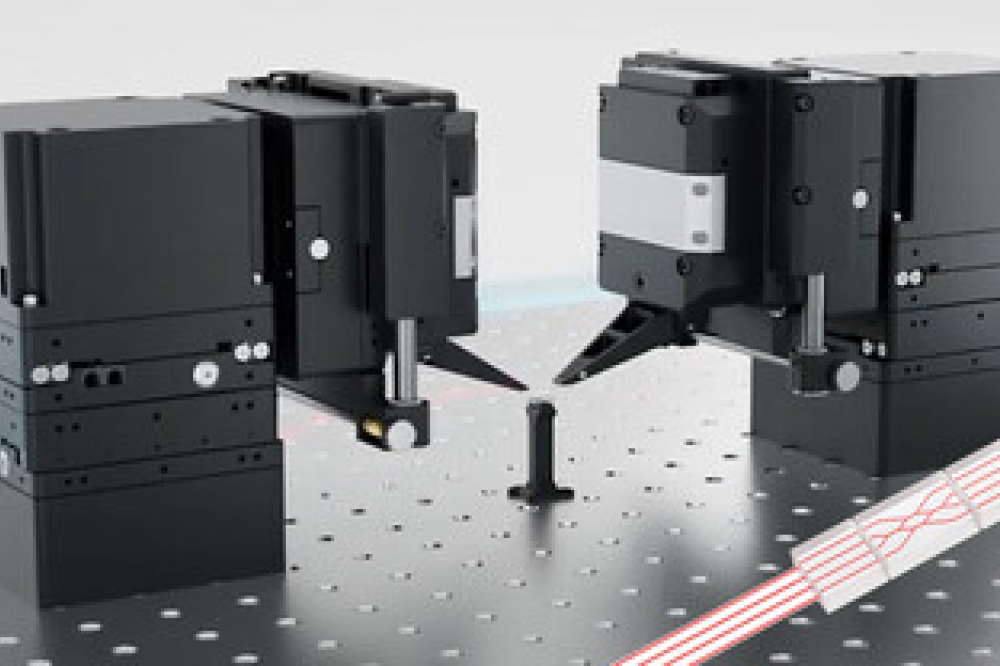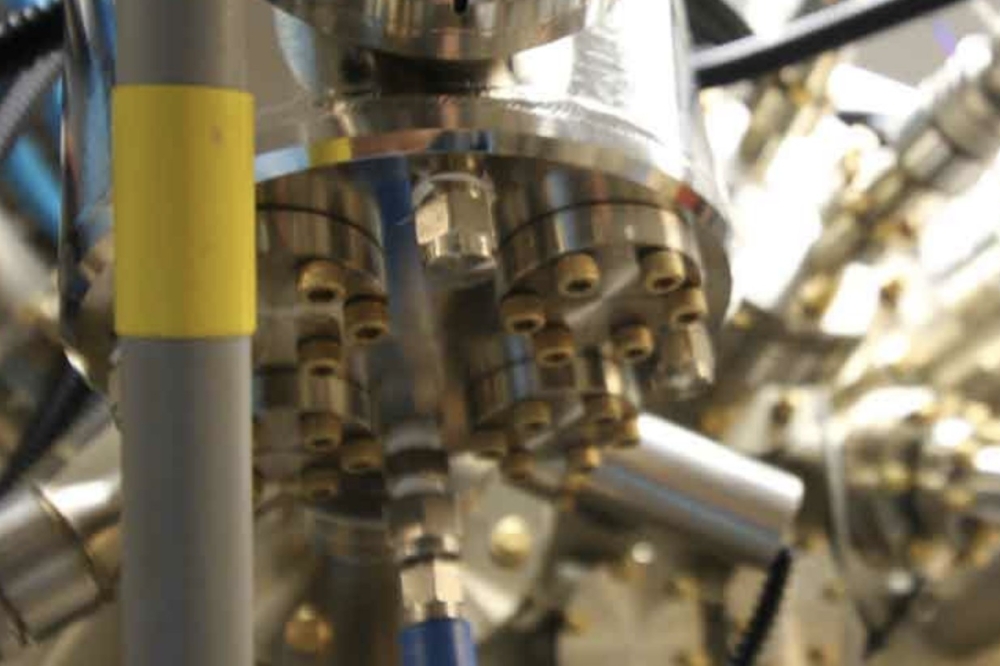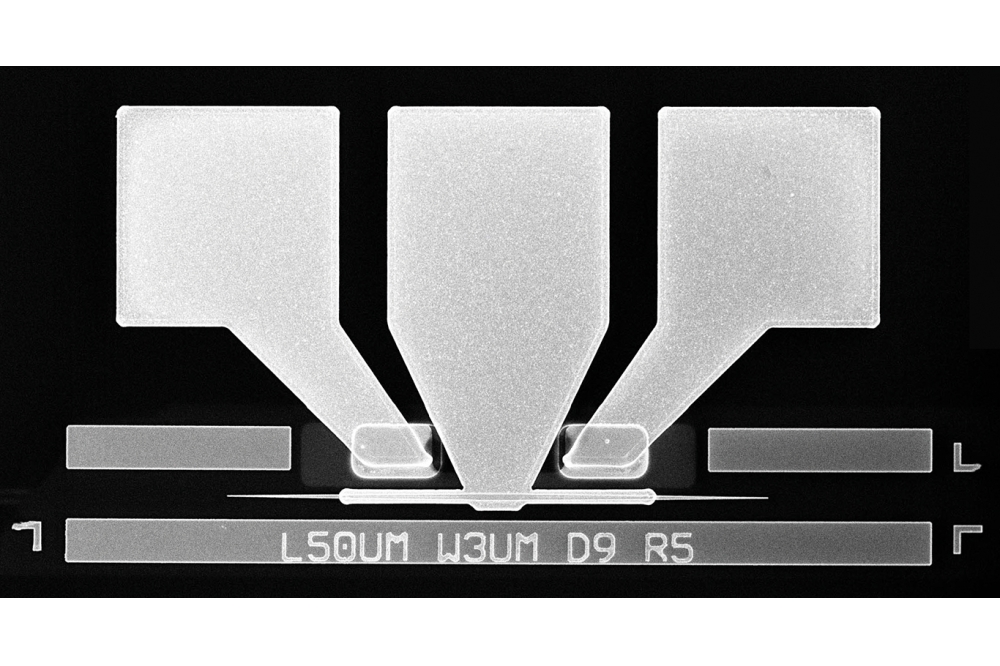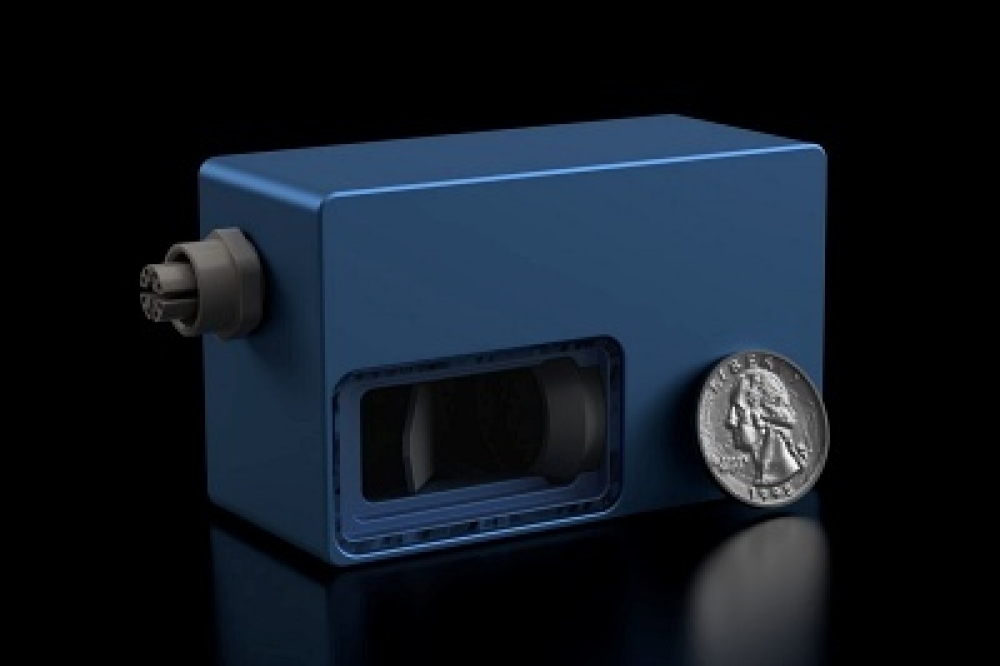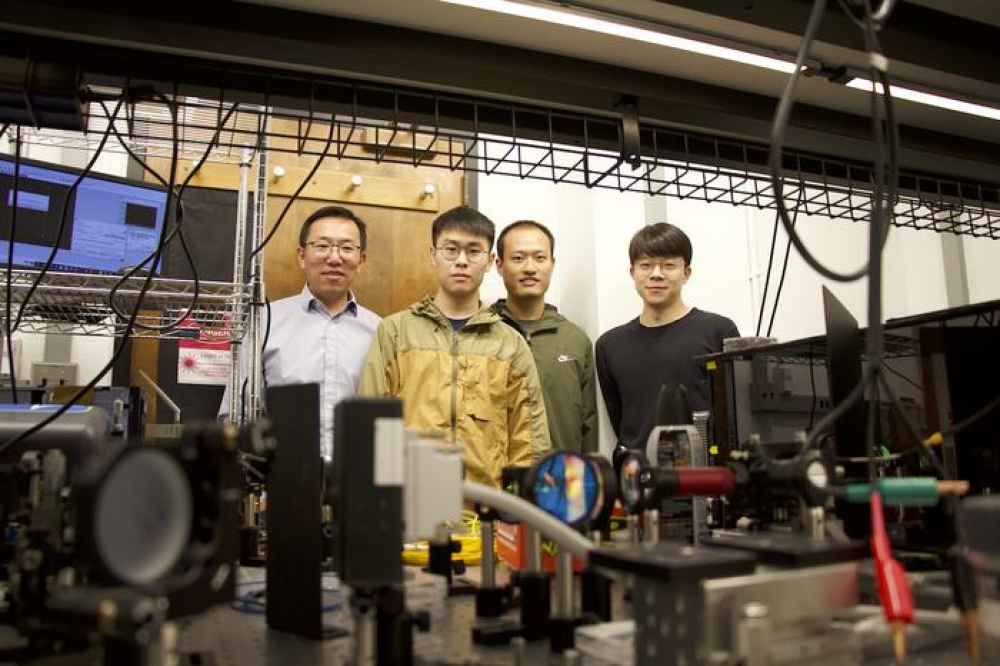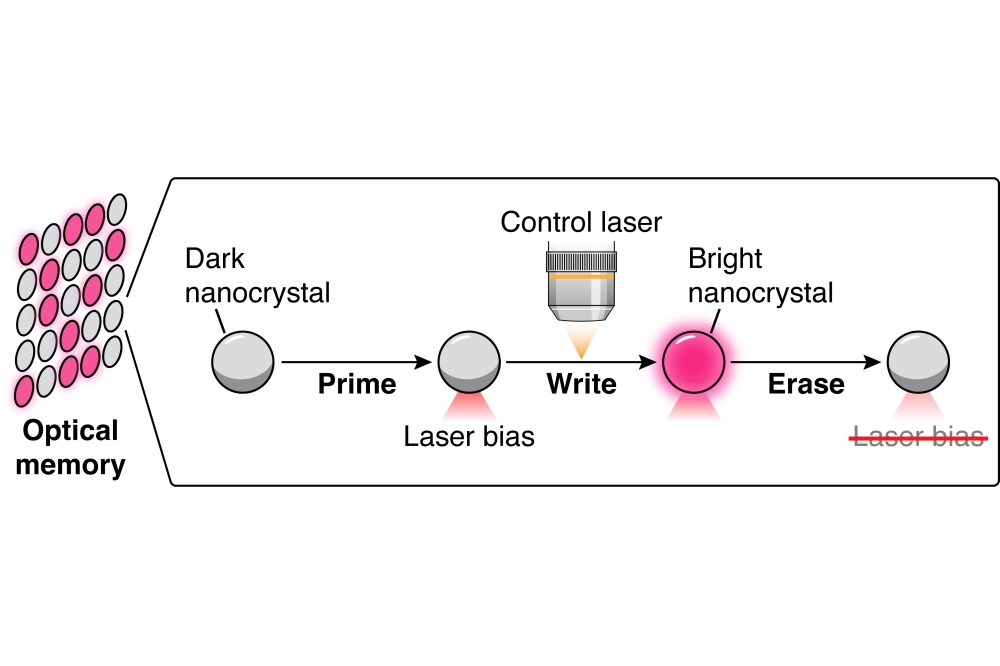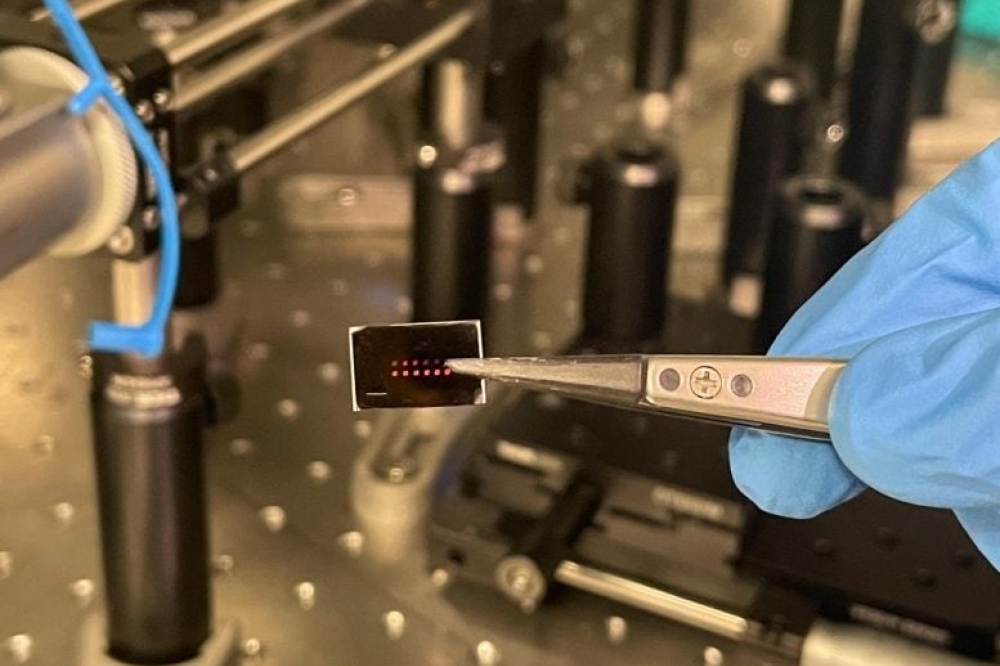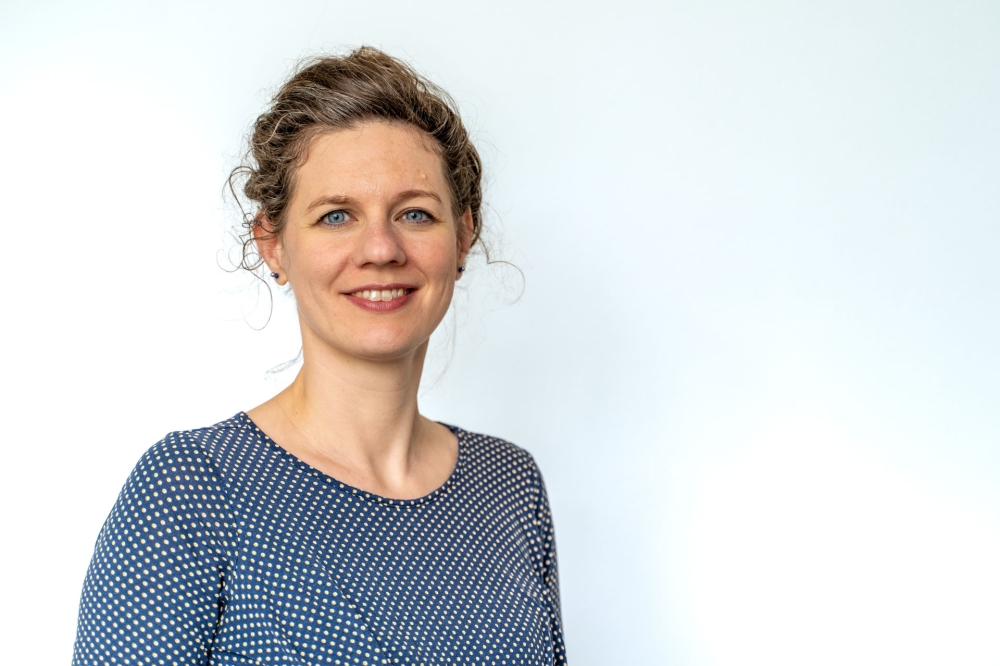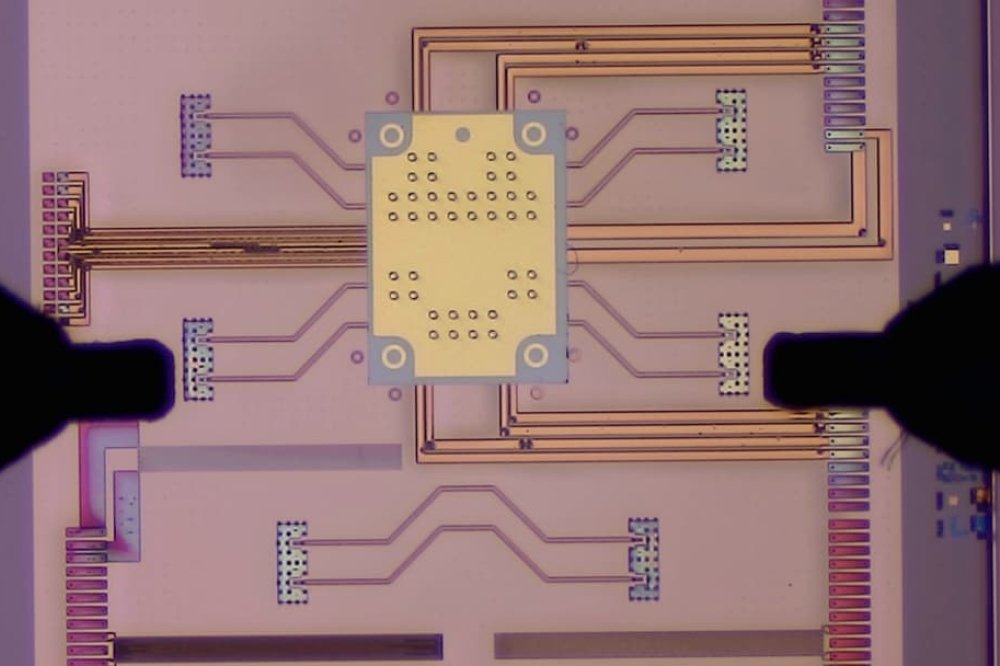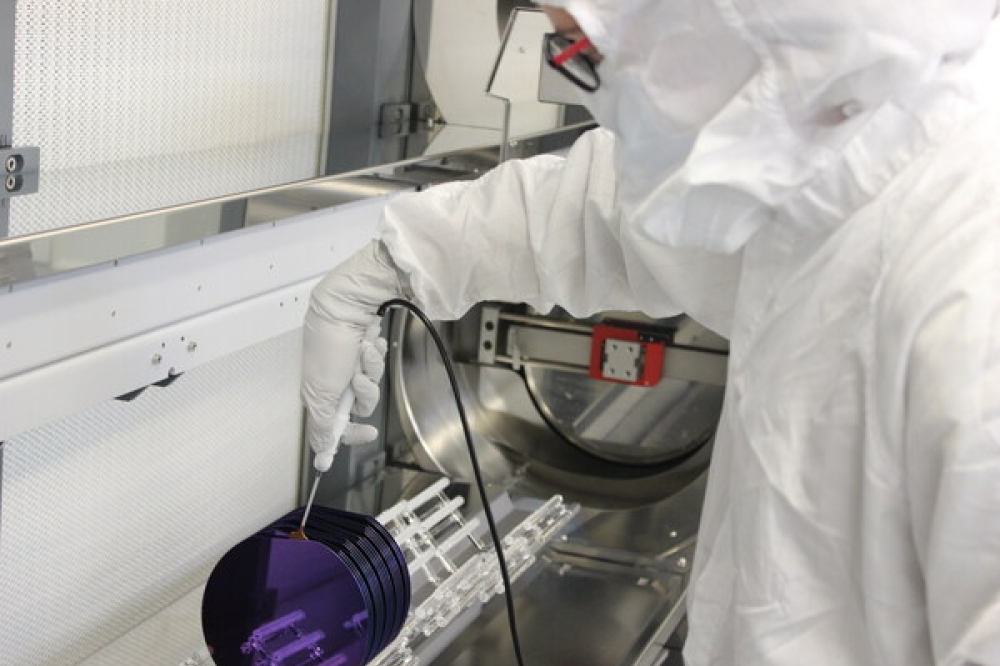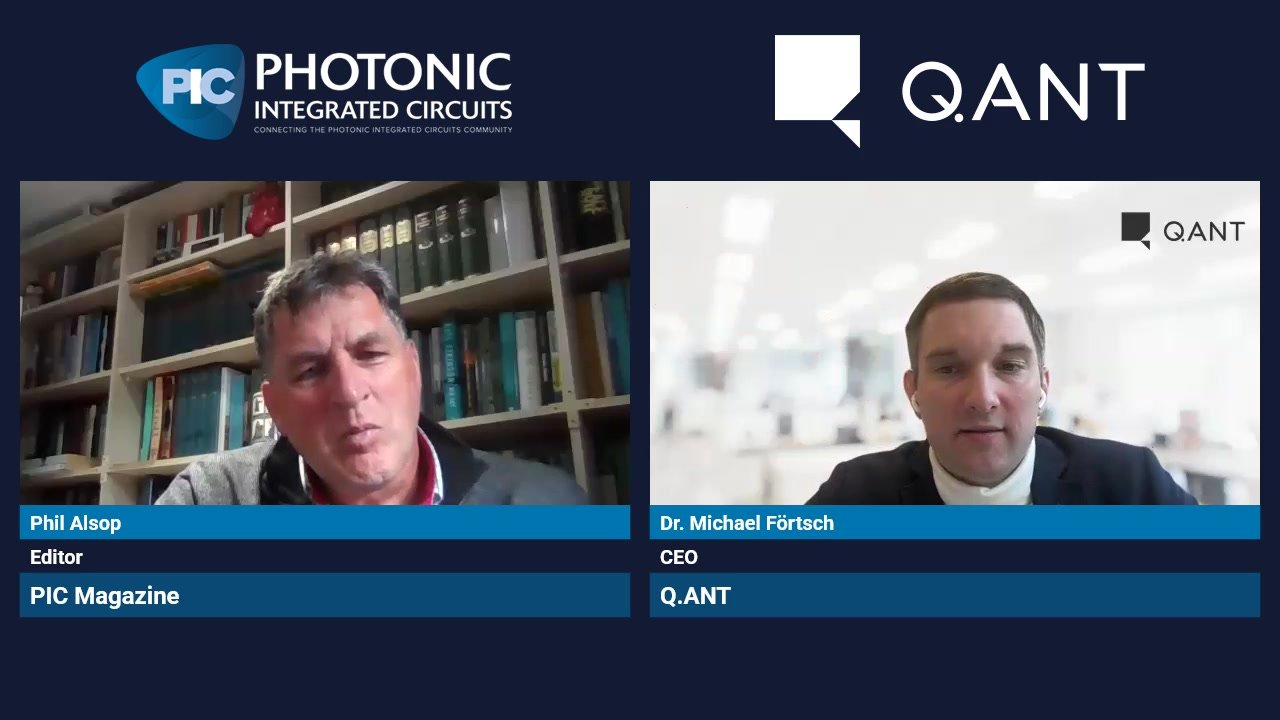Intel Ignite launches its European cohort of Spring 2024

The accelerator programme has announced the 10 startups selected to take part in this round, which are working on a broad range of technologies including photonics
Intel Ignite, Intel’s global startup accelerator programme for early-stage deep tech startups, has launched the seventh cohort of its European programme, which is based in Munich, Germany, with startups from across the continent. The current cohort includes startups from Germany, Switzerland, France, the Netherlands, Spain, and Sweden. The participants were selected from an applicant pool of more than 300 companies from 25 countries for the 12-week programme.
According to Intel Ignite, deep tech is now the largest venture capital funding category in Europe, and is also among the most resilient. “Intel Ignite, with its focus on deep tech, is at the very core of the European startup landscape, and plays a central role in fostering and nurturing the startup ecosystem in Europe,” said Markus Bohl, managing director of Intel Ignite Europe.
The startups in the seventh European cohort have an average of €7 million in funding and are focused on a broad spectrum of deep tech, from semiconductor manufacturing, silicon, and photonics to memory compression, data streaming, AI processing, and applications in the robotics and satellite space.
Among the 10 participants in this round is NcodiN, a startup based at the at the Centre for Nanosciences and Nanotechnologies (C2N), a joint unit of CNRS/Paris-Saclay University. Harnessing nanophotonics research into III-V semiconductor lasers, NcodiN is focused on developing an optical interposer to enable high-speed, energy-efficient interconnects in chip packages, facilitating high-performance computing and AI.
The nine other startups in the new European cohort are: AIRMO, Cartken, LUBIS EDA, and Waveye (based in Germany); Flink (based in Switzerland); Pathway (based in France); SCIL (based in the Netherlands); Ultralytics (based in Spain); and ZeroPoint (based in Sweden).
“From AI based multi-sensor data analysis and autonomous systems, to addressing the chip manufacturing, data processing and computer vision needs of the future, the startups in our latest cohort have the ability to change the world,” said Bohl. “The innovations they have developed are poised to disrupt entire industries in a sustainable way, and we are excited to go on this journey with them to help them accelerate the growth and development of their companies.”
Intel Ignite says it has a proven track record of helping deep tech startups achieve significant strategic impact and get to product market fit more quickly. The accelerator programme says that, since it launched in 2019, the companies have collectively secured over $2.5 billion in funding. Intel Ignite adds that its portfolio median for 2023 exceeded the Dealroom median by 8x for seed rounds and reached more than double the Dealroom median for Series A rounds.
“Having recently been valued at $3 trillion in the latest State of European Tech report and attracting talent from around the world, the European tech ecosystem is thriving,” said Tzahi (Zack) Weisfeld, VP & GM, Intel Ignite. “At the end of the day, our mission from a macro perspective is to support and foster that ecosystem, and with these 10 disruptive startups joining Intel Ignite in Europe this spring, we are looking forward to not only working with them to help them find their go-to-market fit and increase their valuations and grow revenue, but also to empower the founders to do these faster and cheaper than they would have on their own, and to become key pillars in that continuously-growing ecosystem.”



